Detailed content
Technical Specifications
- Type: Flow Controller / Tension Controller (depending on the specific model or context)
- Measurement Technology: Electromagnetic (for flow measurement) or Advanced Control Algorithms (for tension control)
- Material: Made of durable materials suitable for harsh environments
- Interface: Supports various communication interfaces such as CAN, Profibus, etc., for easy integration with other systems
- Accuracy: High accuracy level, even in turbulent flow conditions (for flow controllers)
- Dynamic Response: Excellent dynamic response and stability for quick adjustment to changes
Functional Features
- High Precision Control:
- For flow controllers: Accurately measures and controls the flow of liquids, gases, and steam.
- For tension controllers: Precisely measures and adjusts the tension of materials to maintain consistent tension throughout the process.
- User-Friendly Interface: Equipped with an intuitive user interface for easy parameter setting, data monitoring, and troubleshooting.
- Advanced Diagnostics: Built-in diagnostic functions to detect and alert for potential issues, reducing downtime.
- Automatic Calibration: Supports automatic calibration of sensors to ensure measurement accuracy and stability.
- Multiple Control Modes: Offers various control modes (e.g., manual, automatic, tension constant control) to suit different process requirements.
- Temperature Compensation: For flow controllers, built-in temperature sensors provide precise compensation for temperature variations.
- Multiple Output Modes: Supports analog and digital output modes to meet various application needs.
- Energy Efficiency: Designed with energy-saving features to minimize environmental impact.
Application Scenarios
- Industrial Process Control: Used in various industrial processes to monitor and regulate fluid flow or material tension, ensuring process stability and consistency.
- Chemical Industry: For precise control of chemical flows during processing, ensuring accurate reactions and mixtures.
- Food and Beverage Production: Controls the flow of liquid ingredients to maintain product quality and consistency.
- Water Treatment: Monitors and adjusts water flow in sewage treatment, drinking water treatment, and industrial water applications.
- Medical Equipment: Utilized in medical devices to monitor and control the flow of physiological fluids, oxygen, and medical gases.
- Laboratory Research: Used in scientific research and laboratory settings for flow control tasks in analytical instruments and chemical reactions.
- Pharmaceutical Industry: Monitors and controls fluid flow during drug production processes.
- Environmental Monitoring: Involved in atmospheric sampling, air quality monitoring, and meteorological observations for gas flow measurement.
- Materials Processing: Ensures consistent tension in materials such as coils, wires, textiles, plastics, and paper during processing to avoid defects.

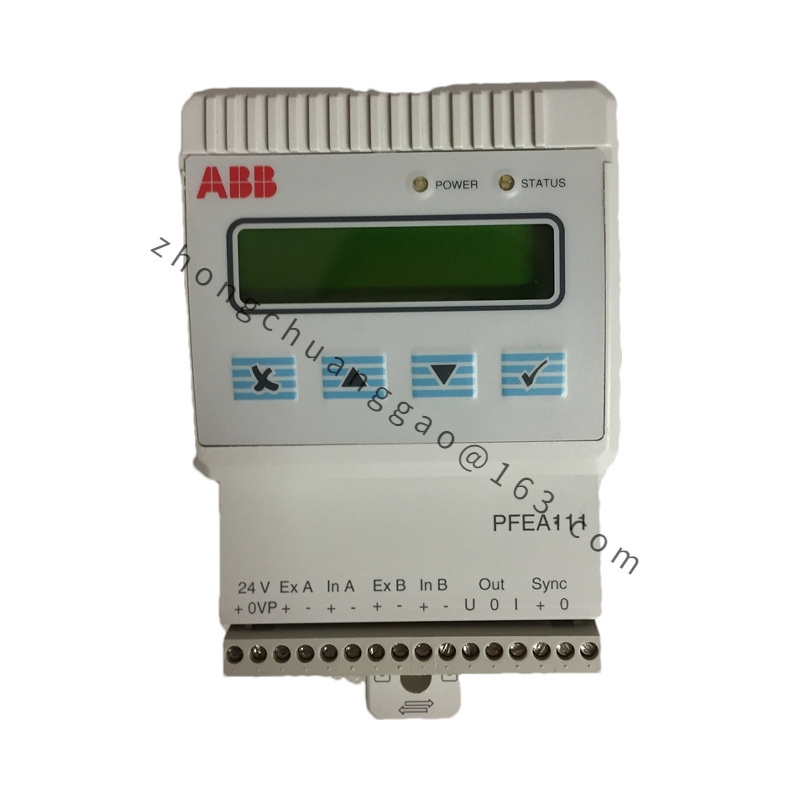
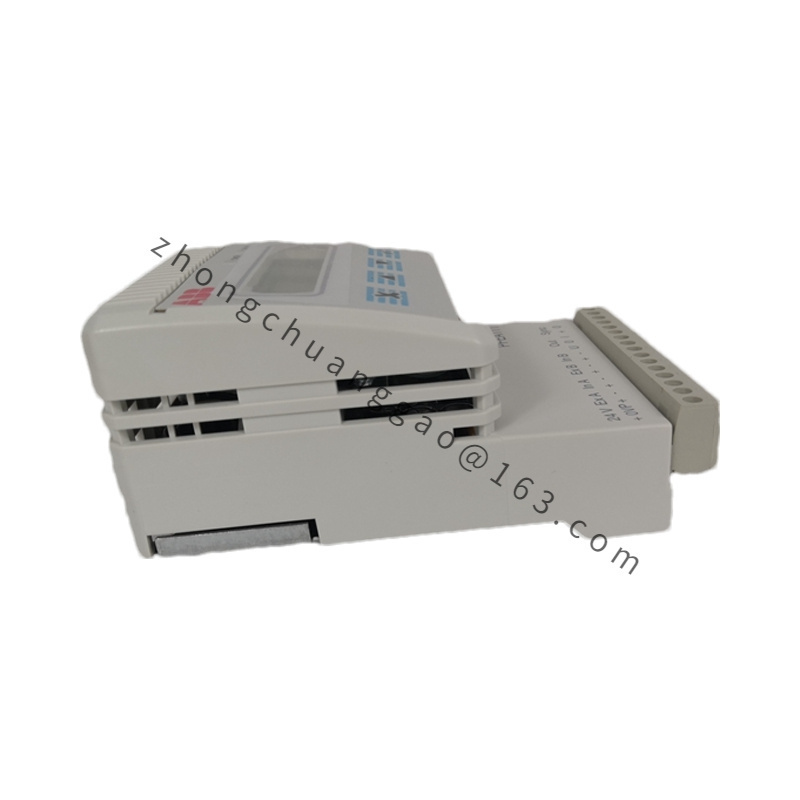
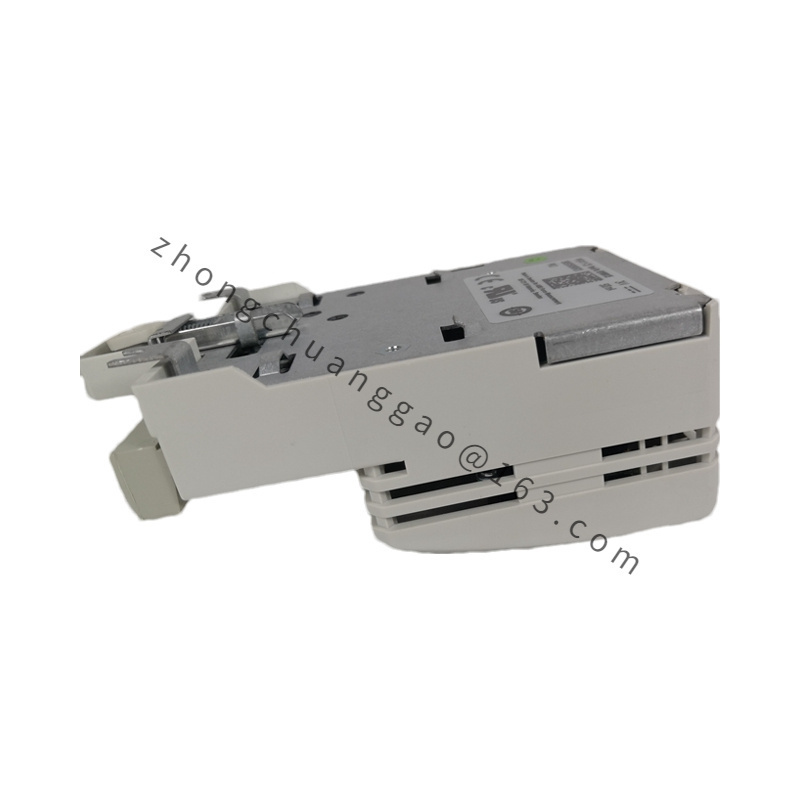
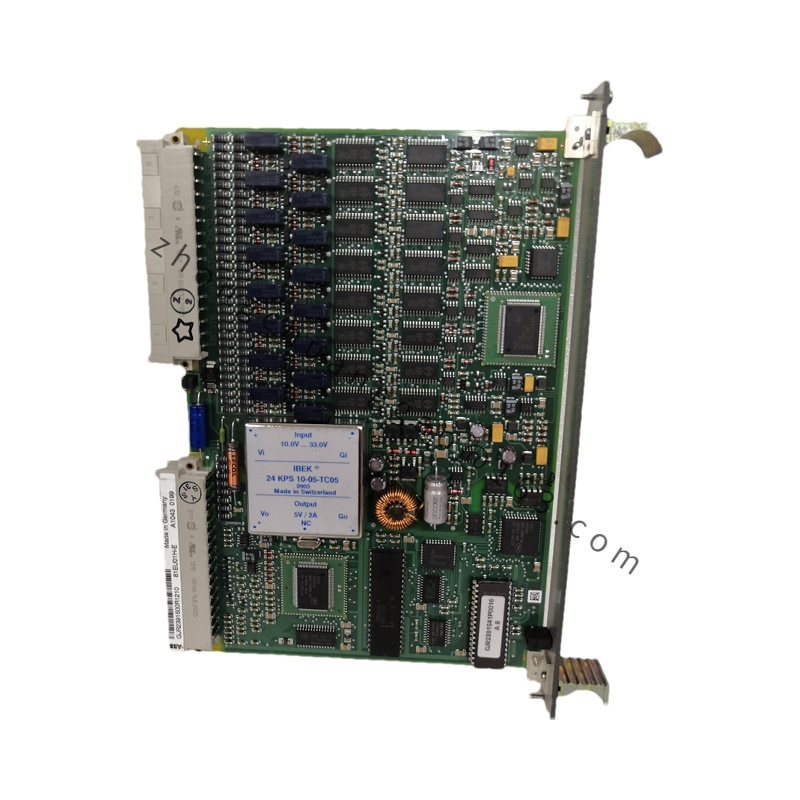
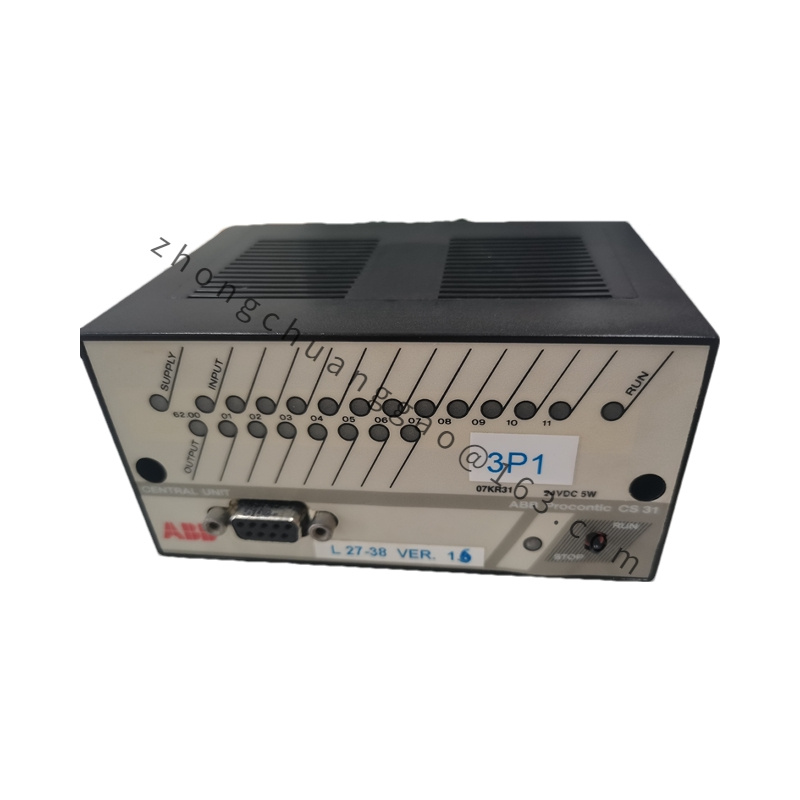
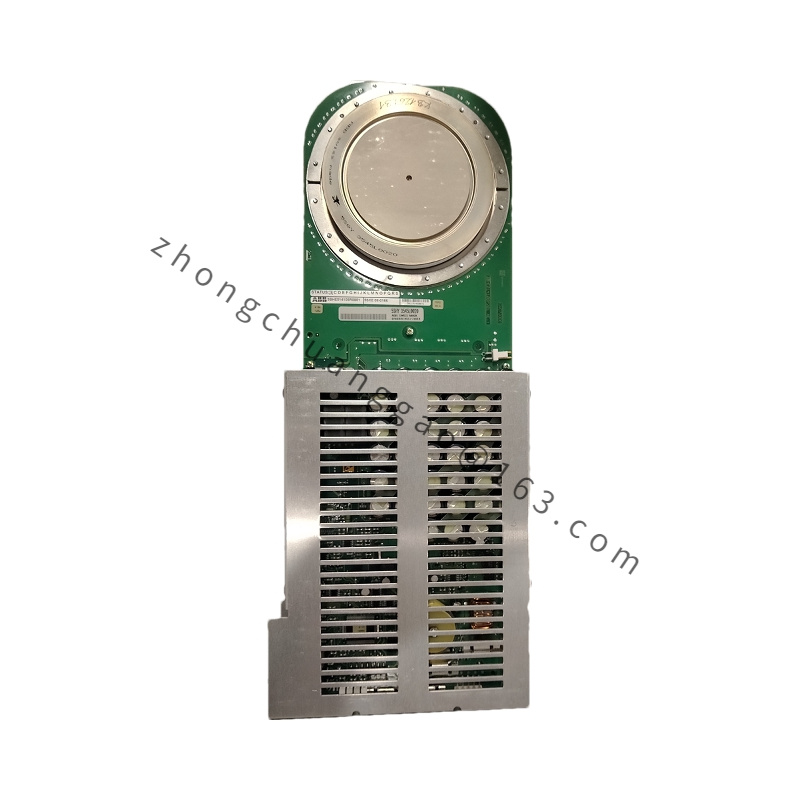
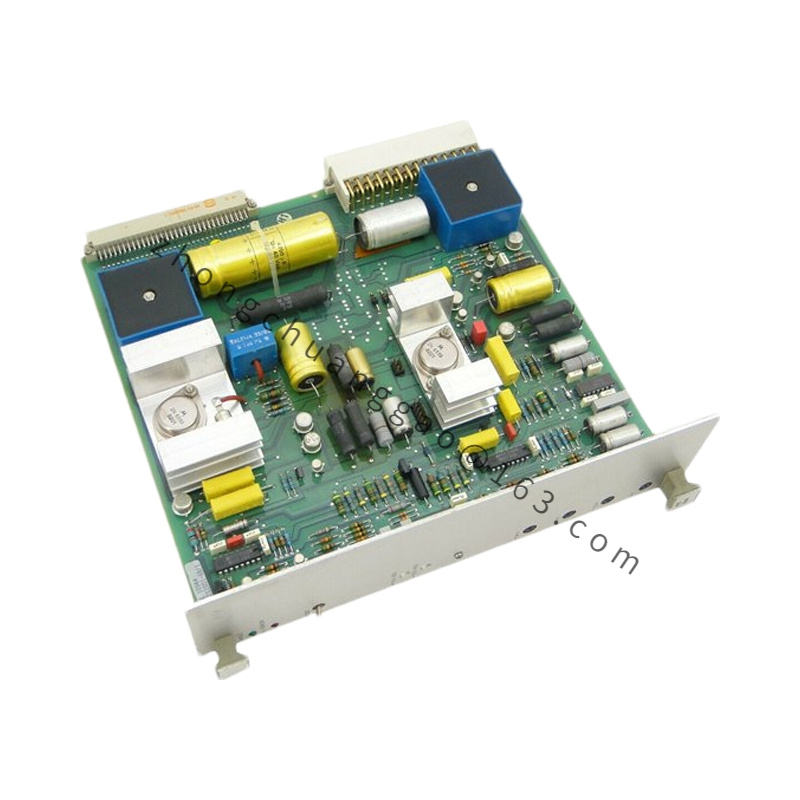

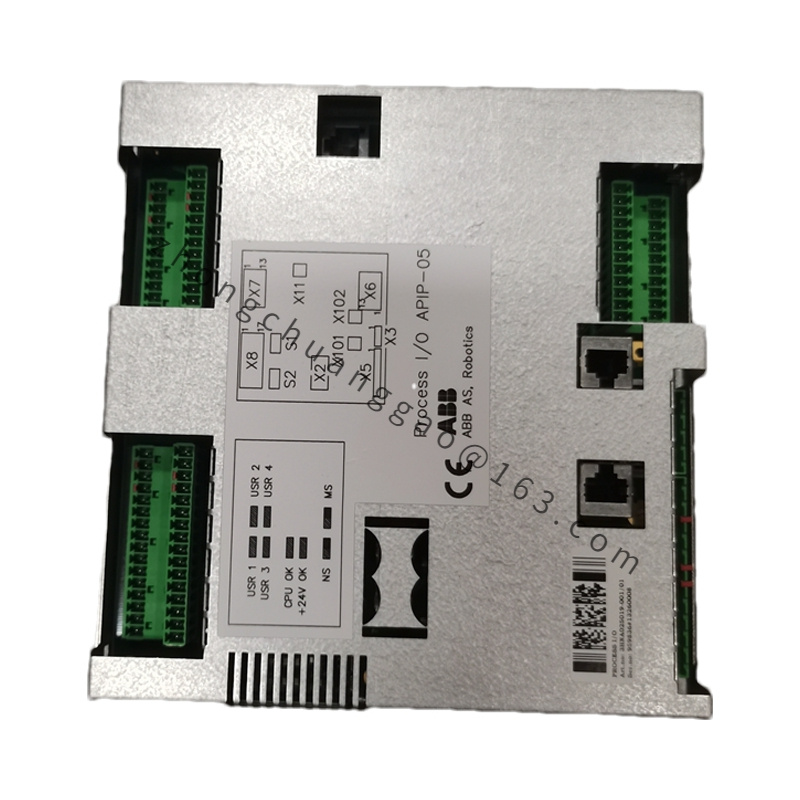
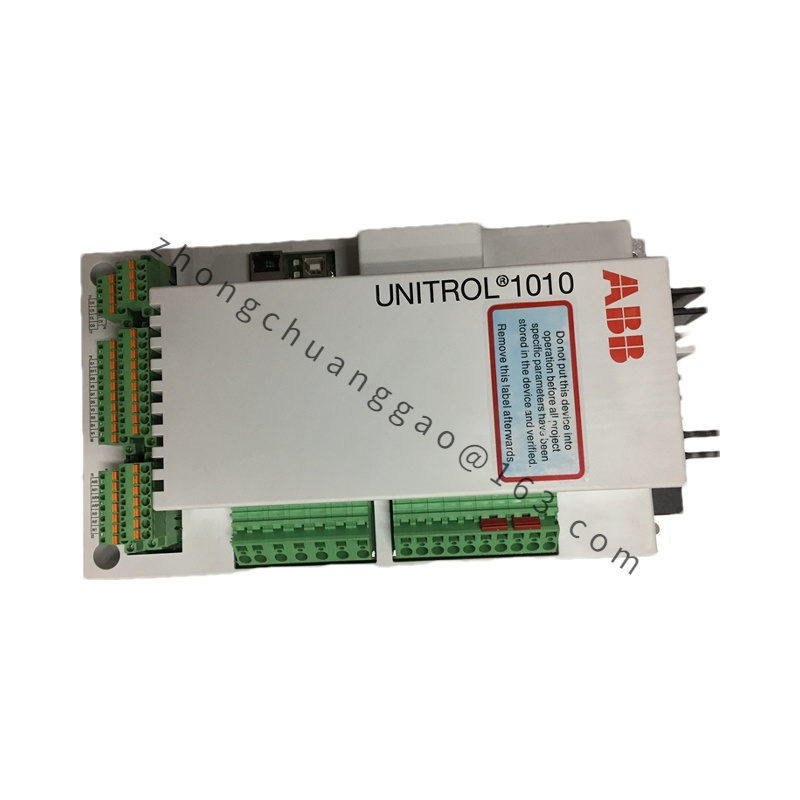
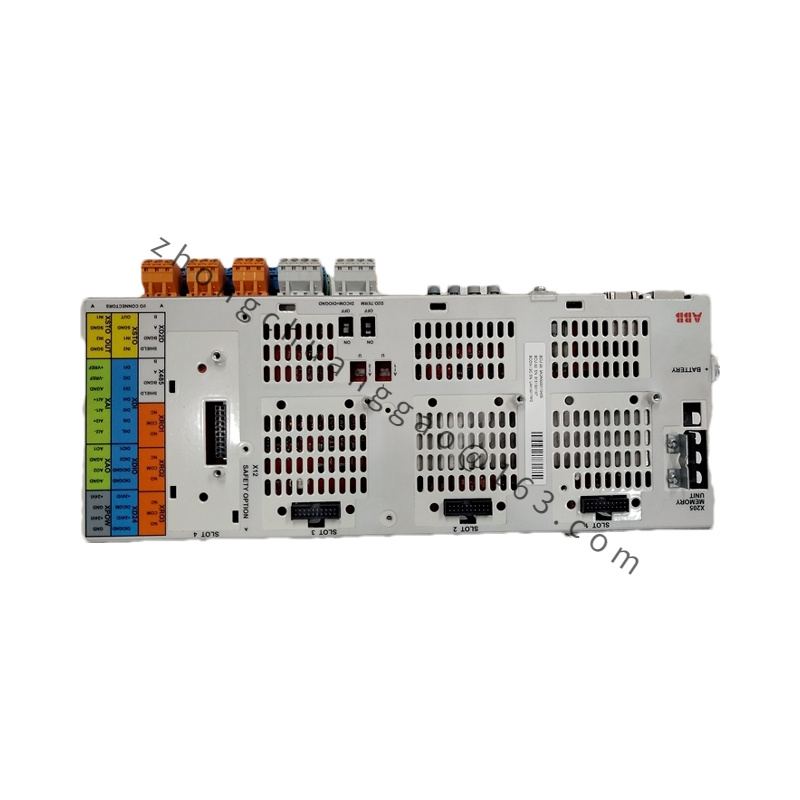
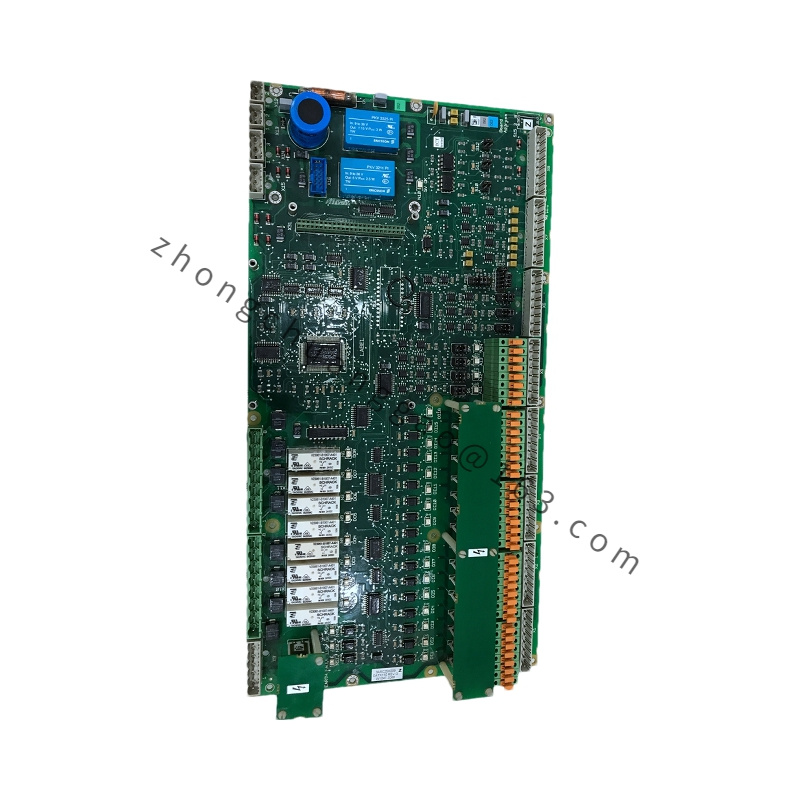
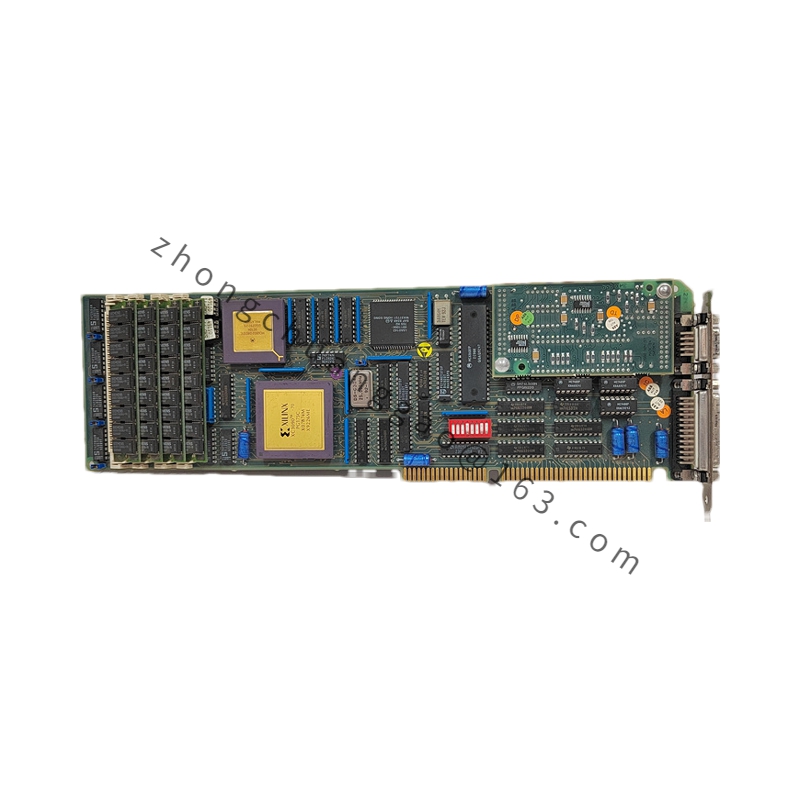
.jpg)
.jpg)